8 cleaning choices that actually spread mold
You might think you’re keeping your house safe from mold, but some cleaning habits actually make things worse. Mold thrives on moisture and the wrong products can give it exactly what it needs to spread. Knowing what not to do is just as important as tackling the problem head-on.
Using Too Much Bleach on Porous Surfaces
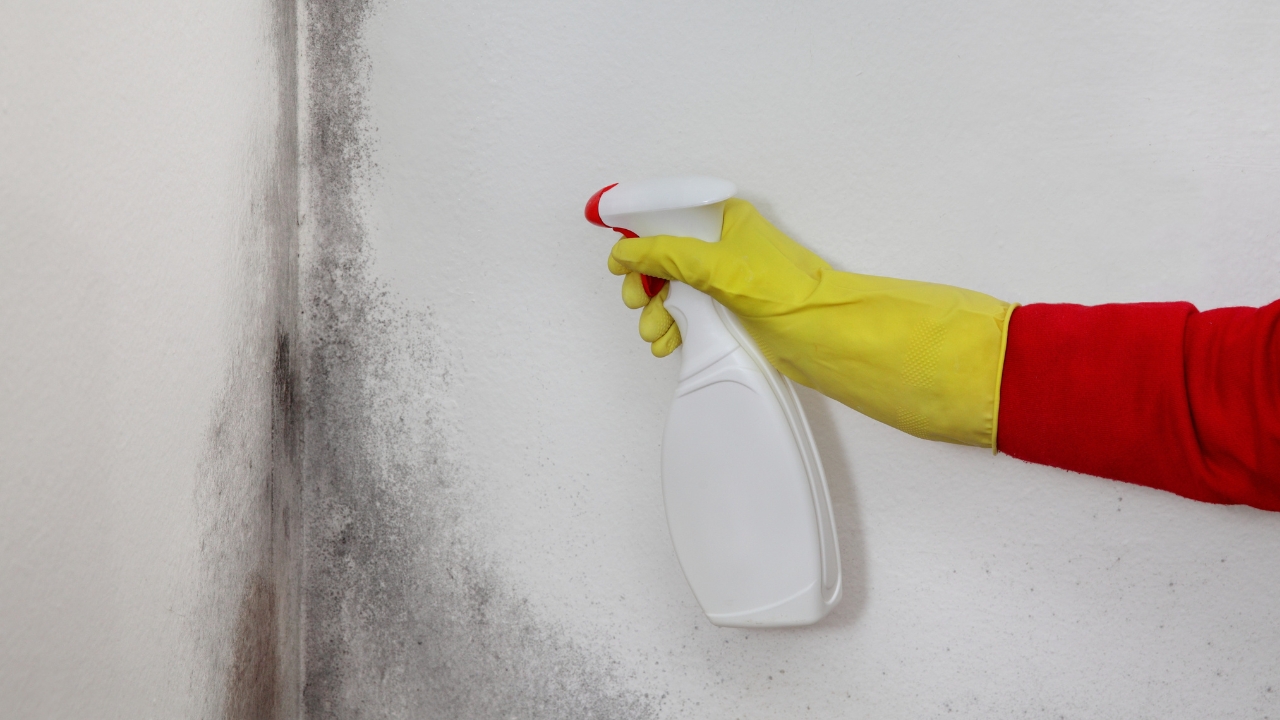
Bleach looks like it works, but it doesn’t penetrate porous materials.
On drywall or wood, it can kill surface mold while leaving roots alive underneath. That hidden growth often comes back stronger. Vinegar is usually more effective in these cases.
Scrubbing Mold Dry
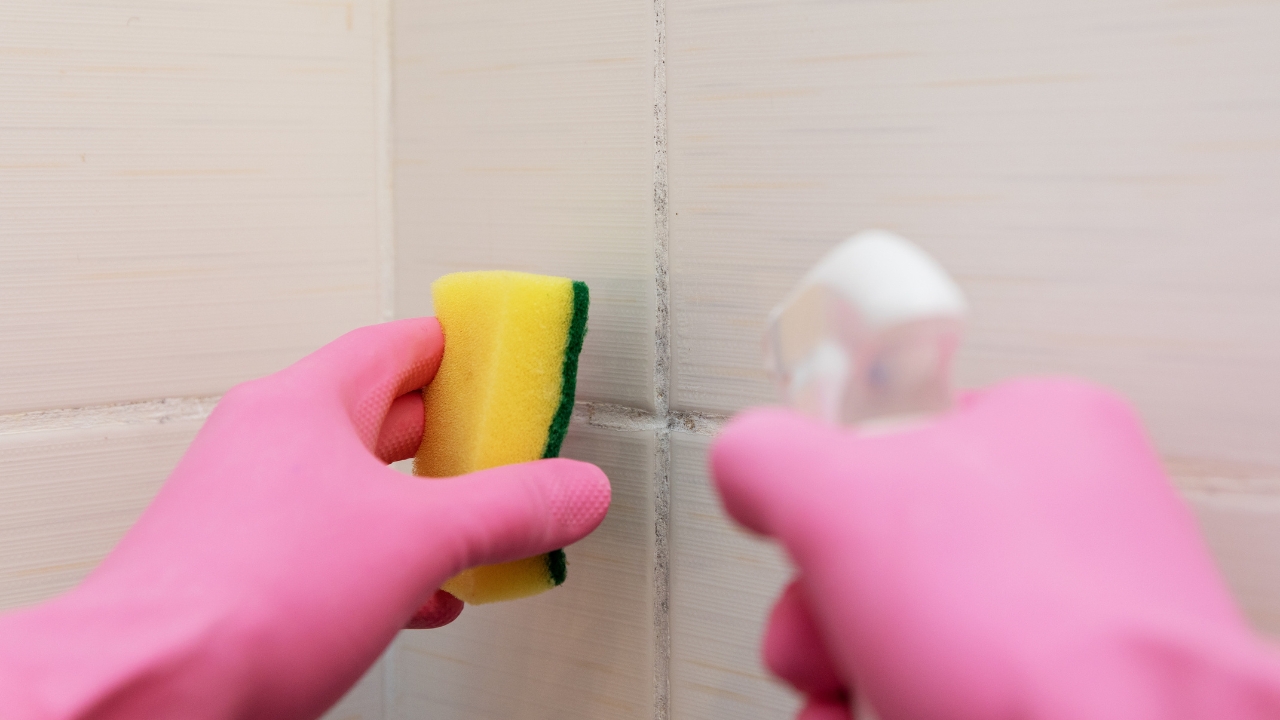
Scrubbing without dampening spores first scatters them.
Always mist the area lightly with water or cleaner before wiping. This helps keep spores from flying into the air and spreading around the house.
Reusing Old Sponges

Sponges hold onto moisture and bacteria.
When you reuse one that’s already damp, you risk spreading mold from one spot to another. Use disposable cloths or washable microfiber instead.
Skipping Ventilation While Cleaning
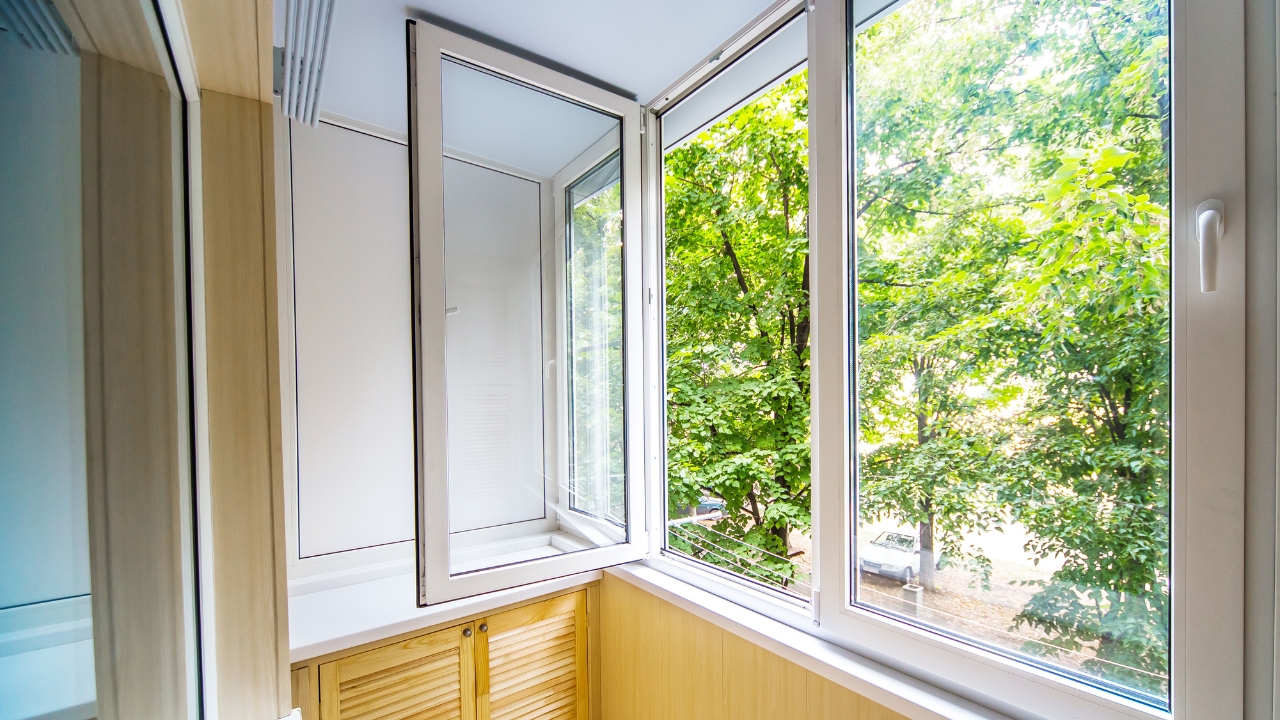
Moisture lingers in poorly ventilated rooms.
If you clean bathrooms or basements without running a fan or opening windows, you’re trapping humidity. That damp air is exactly what mold needs to grow.
Leaving Towels or Rags Damp

Throwing damp cloths into a corner creates mold.
Always wash and dry rags immediately after use. A pile of damp cleaning cloths will grow mold on its own in just a few days.
Using Carpet Cleaners Too Often
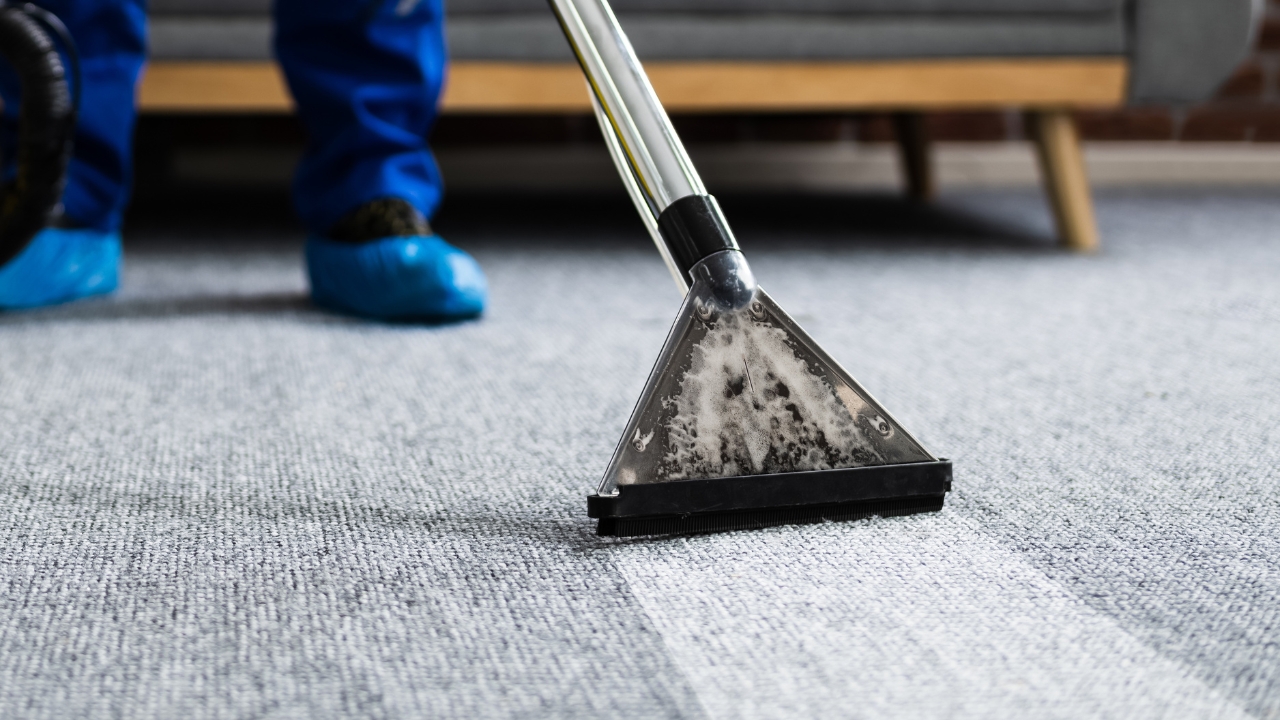
Soaking carpets with cleaner leaves moisture behind.
If carpets stay wet for more than 24 hours, mold can start growing underneath. Use fans and dehumidifiers to dry them thoroughly after cleaning.
Ignoring Hidden Spots
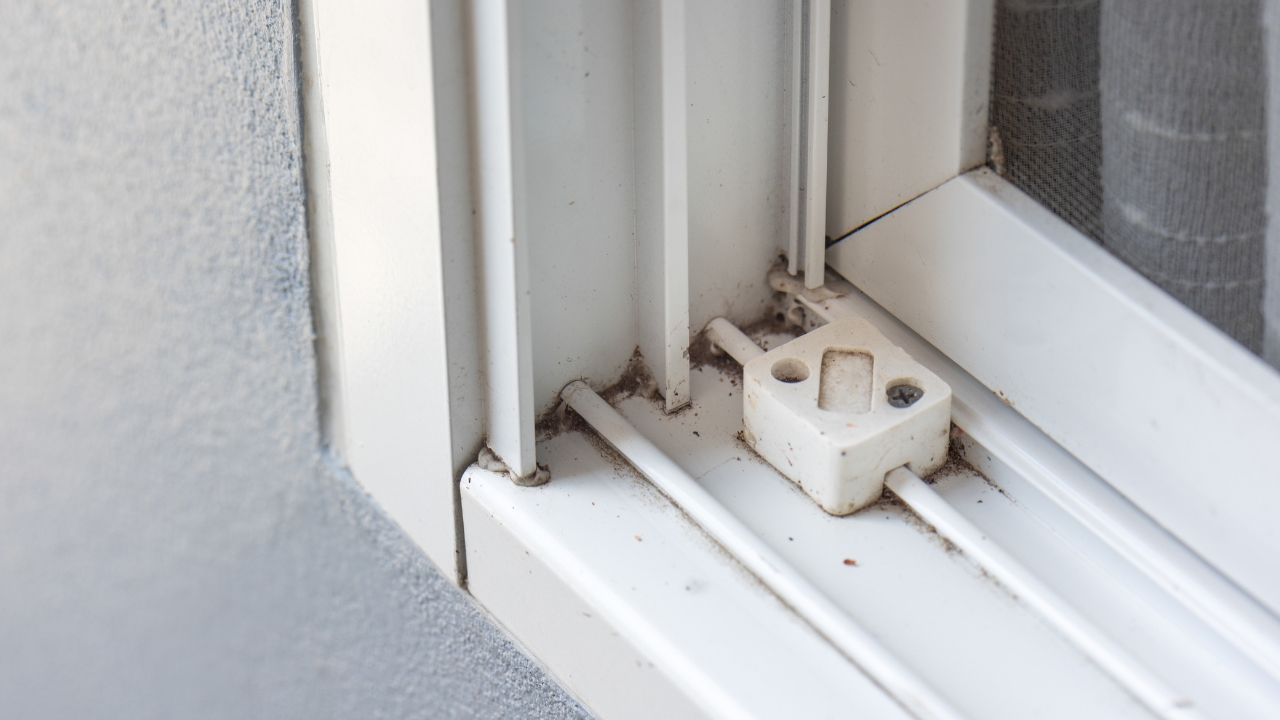
Focusing only on visible mold means you miss the real problem.
Mold often hides under sinks, behind toilets, and inside window tracks. Wiping counters alone won’t stop the spread—you have to check those hidden areas too.
Storing Cleaners in Damp Spaces
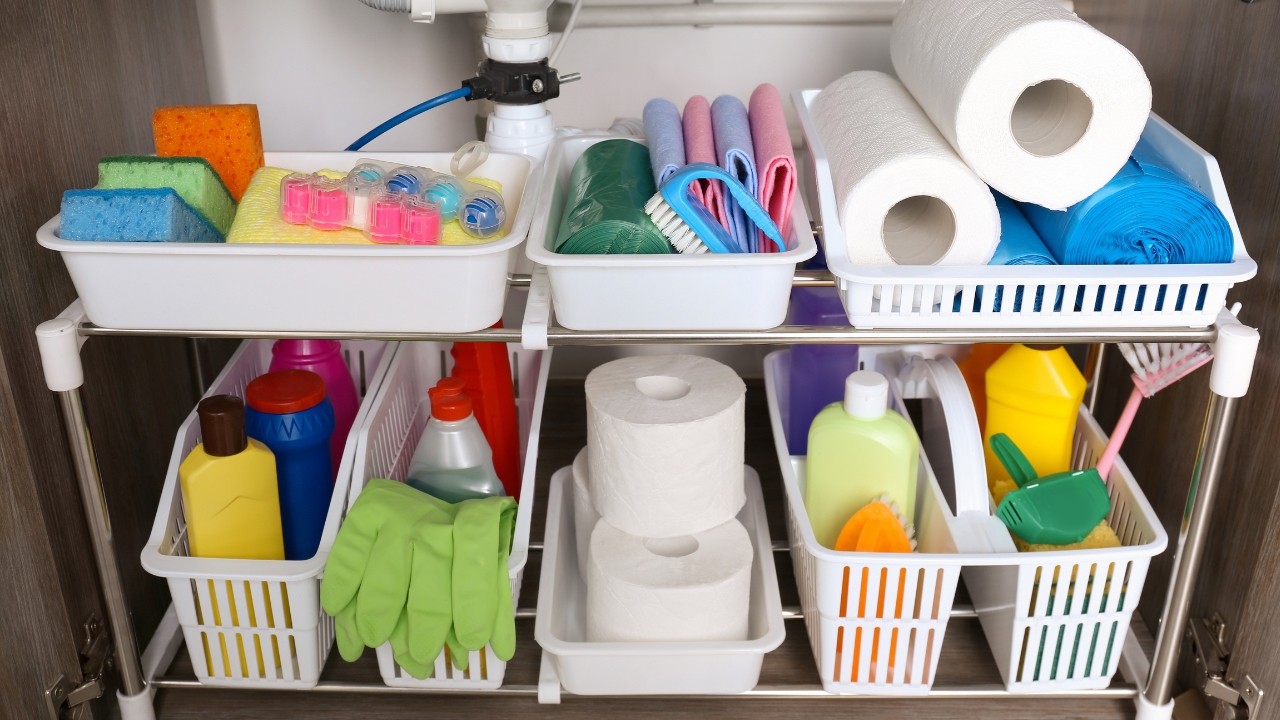
Basements and under-sink cabinets collect moisture.
Keeping cleaning supplies in damp areas can cause them to grow mold themselves. Store them in dry, ventilated spaces to avoid contaminating what you clean with.
*This article was developed with AI-powered tools and has been carefully reviewed by our editors.







